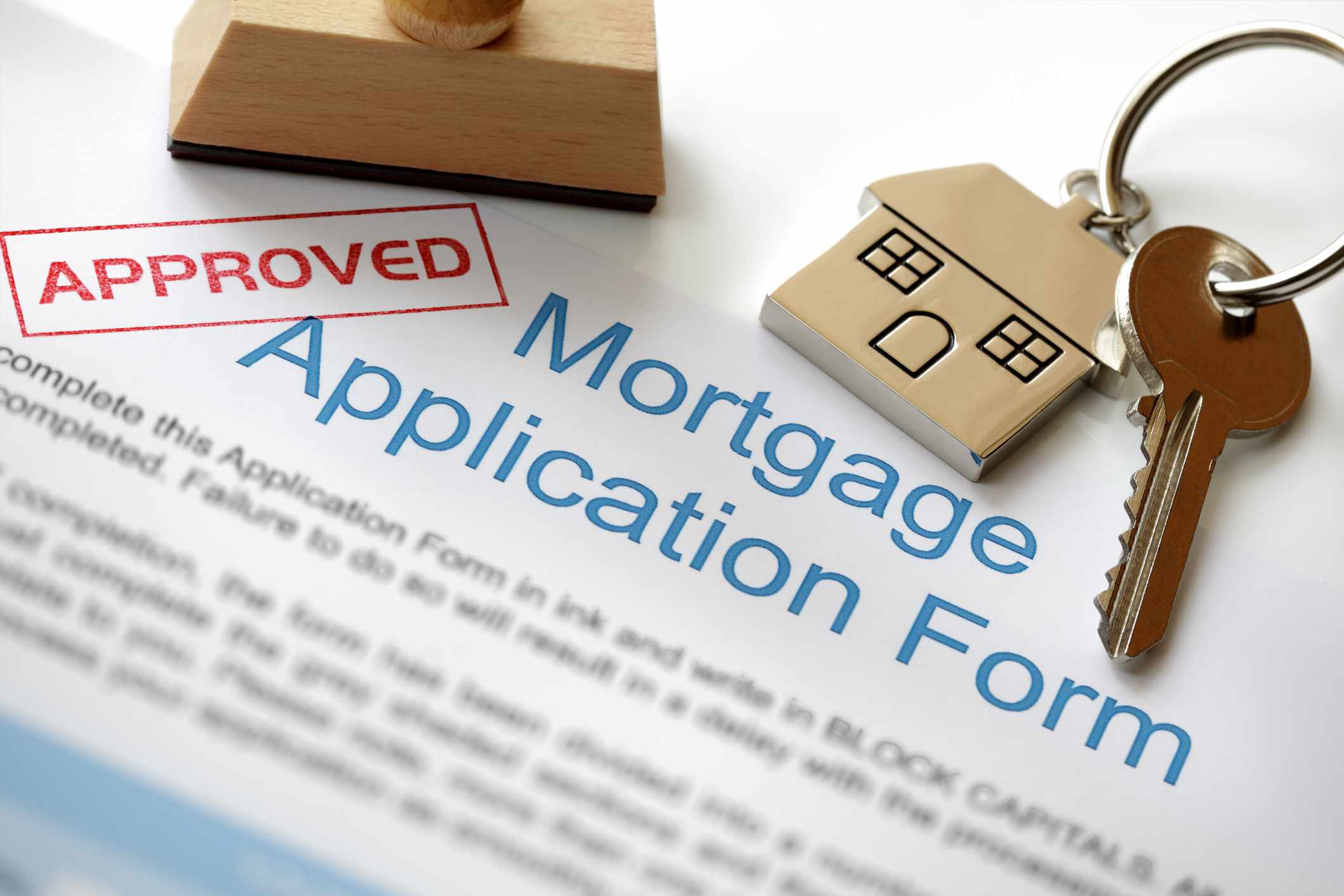How to Choose Between Fixed and Floating Rate Home Loan?
This article explains the two types of loan, the different types of floating rate home loan, and considerations in choosing between the two types of loan and other important things to note
Most people planning to buy a home in Singapore will need to take out a loan. They will be given a choice between a Fixed Rate loan or a Floating Rate loan as these are the two main types of home loans that Singapore banks loan property buyers. Generally speaking, one isn’t necessarily better than the other because your choice will depend on your personal situation. This article will explain the differences between the two to help you decide which type of loan would be better for you. (Hint: this involves more than just interest rates.)
Background on Home Loans Offered in Singapore
More than 20 banks and financial institutions in Singapore offer property loans to buyers with each one trying to persuade customers that their loans offer them the best deal. If you are in the market for a home loan, it’s important that you understand how each type works before signing on the dotted line and getting locked in for a period of time.
On the surface all home loans may seem the same, but if you look deeper, you’ll notice huge differences. There are pros and cons to each type of home loan and once you understand the details, you’ll be able to decide which type is best for you.
Fixed Home Rate Loans
Even though the name implies that a Fixed Home Rate (FHR) loan will maintain the same interest rate for the life of the loan, this is not true in Singapore. The interest rate only remains fixed for two or three years. In some instances, the lender will offer an option of one or five years.
Once the period of the fixed interest rate is over, the interest rate on the loan will be aligned with Fixed Deposit Rate (FDR), Singapore Interbank Offered Rate (SIBOR) (to be phased out by end 2024), Singapore Dollar Swap Offer Rate (SORA) or some other reference interest rate that the bank uses. This rate may be equal to or higher than the floating rate home loan. It all depends on the bank’s “spread.” This is the added percentage that the lender earns from you, the borrower, plus the cost of lending you the money for the principle.
The lock-in period on an FHR loan is usually aligned with the fixed interest rate period, which is something we’ll explain later in this article.
Floating Rate Home Loans
A Floating Rate home loan seems like one in which the interest rate would periodically be adjusted. This is true, and how often it changes depends on which type of floating rate home loan you have. When the interest rate is adjusted, your monthly instalment payments on the loan may change as well.
When you buy a home in Singapore, you need to know that a Floating Rate home loan could be based on a Fixed Deposit-Based Rate (FDR) loan, a Singapore Interbank Offered Rate (SIBOR) loan, or a Singapore Dollar Swap Offer Rate (SORA).
Floating Rate loans typically have a lock-in period of two years and they may be more relaxed when it comes to the rules on partial repayments during this time.
SIBOR Home Loans
This type of loan is a Floating Rate home loan aligned with the Singapore Interbank Offered Rate (SIBOR). Banks in Singapore lend one another money, and these loans are at a certain interest rate, which a panel of 12-20 banks in Singapore determine. This is done under The Association of Banks in Singapore (ABS) utilizing an adjusted (bell curve) arithmetic mean.
This may seem complex, but this process is thought to be a fairer way of setting home loan rates, since SIBOR is determined by multiple banks and usually directly correlated to the interest rates that the U.S. Federal Reserve sets. And those rates are considered the global benchmark for interest rates.
For those buying property in Singapore, interest rates for home loans pegged to SIBOR are determined by a formula made up of the bank spread and SIBOR. You will typically find two different types of SIBOR-pegged home loans:
a) 1-Month
- 1-month SIBOR rate + bank spread
- Interest rate adjusts every month
b) 3-Month
- 3-month SIBOR rate + bank spread
- Interest rate adjusts every 3 months
Fixed Deposit Based Rate (FDR) Home Loan
The Fixed Deposit Based Rate home loan (FDR) is also a type of Floating Rate home loan. This type is based on the bank’s fixed deposit interest rates along with a bank spread. The bank making the loan can change the interest rates on FDR loans at their discretion as long as they give the borrower a 30-day warning in advance.
Here are some examples to help you determine which type of home loan to choose:
Fixed Interest Rate
A fixed rate loan would be recommended if the following apply to you:
- You believe that interest rates are going up
- You want stability and be certain about how much you will be paying each month
Floating Interest Rate
A floating rate loan would be recommended if the following apply to you:
- You believe that interest rates are going down
- You are knowledgeable on the workings of the home loan market and plan on monitoring the SIBOR / SORA indexes. You are confident about your ability to handle market volatility.
Lock-in Periods
The lock-in period prevents you from having the right to either partially or fully paying off your home loan during this time. This means you cannot refinance (see below) your loan because it would be considered a prepayment in full of the existing loan. If you decide to refinance before the end of your lock-in period, you will likely have to pay a prepayment penalty, either partial or full. This is usually 1.5% of the outstanding principle on the loan.
If you’ve obtained legal subsidies upon taking out your home loan, the bank will probably ask you to refund that amount if you decide to refinance before the end of your lock-in period, known as subsidy clawback.
Refinancing a Loan
Refinancing is when you move your home loan to another lender. Homeowners often do this when their lock-in period ends, and another bank offers them a lower interest rate.
There is a legal conveyancing fee and valuation fee incurred when homeowners refinance, so this needs to be considered. Having said that, lenders are eager to get your business, so they may entice you with cash back, or valuation and legal fee subsidies.
Borrowers must abide by the restrictions set forth by the lock-in period, which is typically two to three years, otherwise they have to repay any cash or subsidies given to them by the bank. This process is known as a “clawback.”
Rather than switching your loan to another bank, can always approach your existing lender about repricing your home loan. This would entail you agreeing to a new mortgage package with your existing lender, but at lower rates. Doing this would mean a new lock-in period.
Home Loan Promotional Rates
A promotional interest rate for a home loan is a lower rate offered for a limited time, which then goes up for the tenure of the loan that remains. If you are considering a home loan that comes with a promotional rate, make sure you know how long this rate will last and what your monthly repayments will be once the promotional period ends.
Additional Questions to Ask Your Lender
Before choosing a home loan, it would be helpful to ask your banker the following:
- How do you derive the reference rate?
- How often will the interest rate be adjusted?
- What circumstances lead you to change interest rates?
- Are there any special features that apply to this home loan, and if so, will they be changed or removed at a later date?
Disclaimer:
The content of this website is for informational only and is not meant to be taken as professional financial advice.
Pinnacle Estate Agency makes every effort to keep our website updated. But information can change without warning, so we cannot guarantee the accuracy of content posted on this site, including information provided to us by third parties at one time or another.
Whilst we make every effort to ensure that the information on our website is accurate, readers should not rely on our information when making decisions regarding finances or investments. We recommend that you consult with a reputable financial advisor or your bank before making such decisions. They will consider your specific needs and financial situation.
Pinnacle Estate Agency does not provide any warranty on the accuracy, completeness, or reliability of information on this website. The exception would be any liability currently under statute. Pinnacle Estate Agency, its management team, and employees are not liable for any errors or omissions on our website or for any possible damages or losses affecting readers or others as a result.
At Pinnacle Estate Agency, we strongly believe in sharing our real estate knowledge to the public. For more content like this article, check out our Singapore Property Guides.










